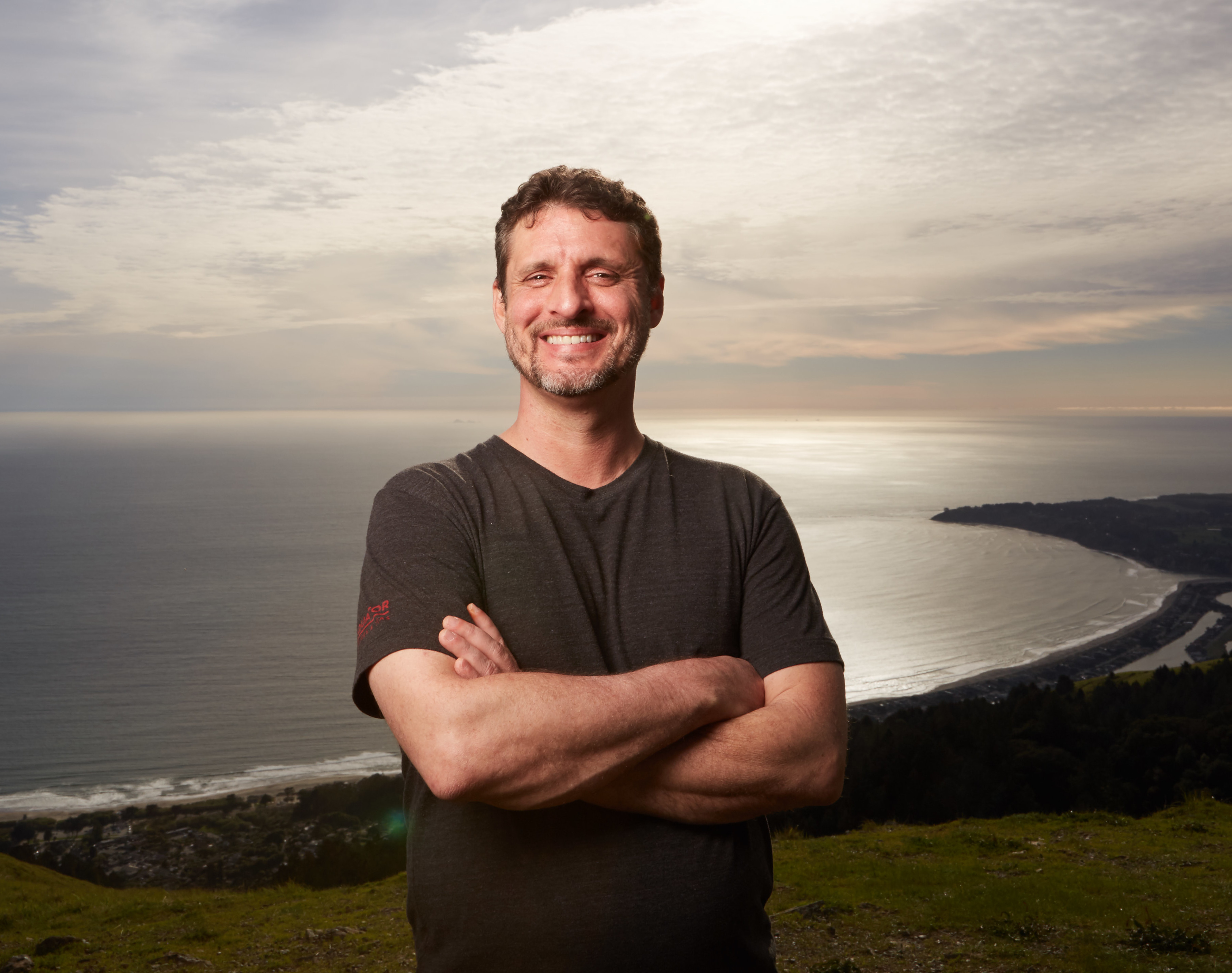Forty years ago today, Martin Luther King, Jr. stood before a microphone at the Beverly Hilton Hotel in Los Angeles and spoke words that would forever alter his place in history: "I oppose the war in Vietnam because I love America."
Though past the peak of his popularity he was at the height of his prophetic powers. Increasingly embattled, his influence waning, with the climactic victories of the civil rights movement behind him, King first announced in the City of Angels the opposition to war that marked his spiritual growth in the last years of his life. His concern anticipated that of many Americans about the current war.
Among Dr. King’s stands in this period, none was more courageous, or costly. He had criticized the war as early as 1965, but stopped short of placing the full force of his moral witness on a collision course with the U.S. government and the war machine. He refrained from directly attacking the Johnson Administration’s policy and resisted linking the civil rights movement to the movement to stop the war. But King’s equivocating would not last much longer. As he was to say, "We cannot remain silent as our nation engages in one of history’s most cruel and senseless wars."
As 1967 dawned, and his disgust for the war deepened, he must have seen the lonely path of the prophet laid out before him–as he would ultimately in Memphis. The specific repudiation of war occurred at a symposium in Los Angeles organized by The Nation magazine. In the speech, titled "The Casualties of the War in Vietnam," King stated that along with horrifying and intolerable physical casualties, including the deaths of one million Vietnamese children, the war was also inflicting moral casualties. If these "casualties of principle are not healed, " he warned, "the physical casualties will continue to mount. "
By involving itself in the affairs of Vietnam, the United States had violated the principle of self-determination and had fallen victim to " the deadly western arrogance that has poisoned the international atmosphere for so long." For King, America’s war in Vietnam could not be considered apart from larger issues of social justice, for whether or not Americans realized it, "our participation in the war in Vietnam is an ominous expression of our lack of sympathy for the oppressed…our failure to feel the ache and anguish of the have-nots. "
It is hard to recall King’s Los Angeles speech without being reminded of Iraq. He said, " I see our country today intervening in what is basically a civil war," and, " We often feel that we have some divine, messianic mission to police the whole world. Further, as if foreseeing present policies, he warned that, Nothing can be more destructive of our fundamental democratic traditions that the vicious effort to silence dissenters. "
Five weeks later, on April 4, 1967, King spoke once again against the war in a speech at Riverside Church in Manhattan. In a stunning oration, King further articulated the ethical arguments he had first put forth in Los Angeles. The Riverside speech gained the attention of a nation that had little noted his earlier west coast renunciation of the war.
As Voltaire said, "It is dangerous to be right when the government is wrong," and King’s Riverside speech unleashed a torrent of criticism against him. The New York Times, The Washington Post, and Life magazine were among those who denounced King’s anti-war stance, and the FBI intensified its covert smear campaign aimed at discrediting and derailing King’s efforts. On April 4, 1968, the first anniversary of his Riverside speech, King was assassinated while standing on a balcony in Memphis.
King’s prophetic voice had been silenced, but his words and his vision remain. Although history has rightly honored the majestic Riverside speech, the less noted and path breaking Los Angeles speech has its claim to a place in history. It is infused with the positive moral vision King so often brought to particular issues. He sought to fix the attention of his audience, " not merely on the negative expulsion of war, but upon the positive affirmation of peace. " Peace, he said, "represents a sweeter music, a cosmic melody that is far superior to the discords of war. "
His words at the Beverly Hilton Hotel will not be lost. When the Martin Luther King Memorial opens in the nation’s capital, a handful of his most memorable utterances will be chiseled into marble. Last week a committee of historians chose two quotations from the Los Angeles speech to be among those to be included. One is the quote with which this piece began. The other is a truly fitting testament to the courage King showed that night forty years ago in Los Angeles: " The ultimate measure of a man is not where he stands in moments of convenience and comfort, but where he stands in moments of challenge and controversy."
About Drew Dellinger

Drew Dellinger, Ph.D., is an internationally known speaker, poet, writer, and teacher whose keynotes and poetry performances—which address ecology, justice, cosmology, and connectedness—have inspired minds and hearts around the world. He is also a consultant, filmmaker, and founder of Planetize the Movement.
Dellinger has presented at over 1400 events across the US, UK, Canada, and Australia. He has spoken and performed at numerous conferences—including TEDWomen, Bioneers, the Green Festival, the Dream Reborn, and the Parliament of the World’s Religions—as well as colleges and universities, poetry venues, protests, and places of worship.
Subscribe to the newsletter!
Subscribe to Planetize the Movement to stay up-to-date, you’ll also receive a full color digital poster – FREE!







